How Do We Learn?
In recent years, we have witnessed a growing interest in building bridges between the science that studies how people learn and educational practice.
June 5th 2024
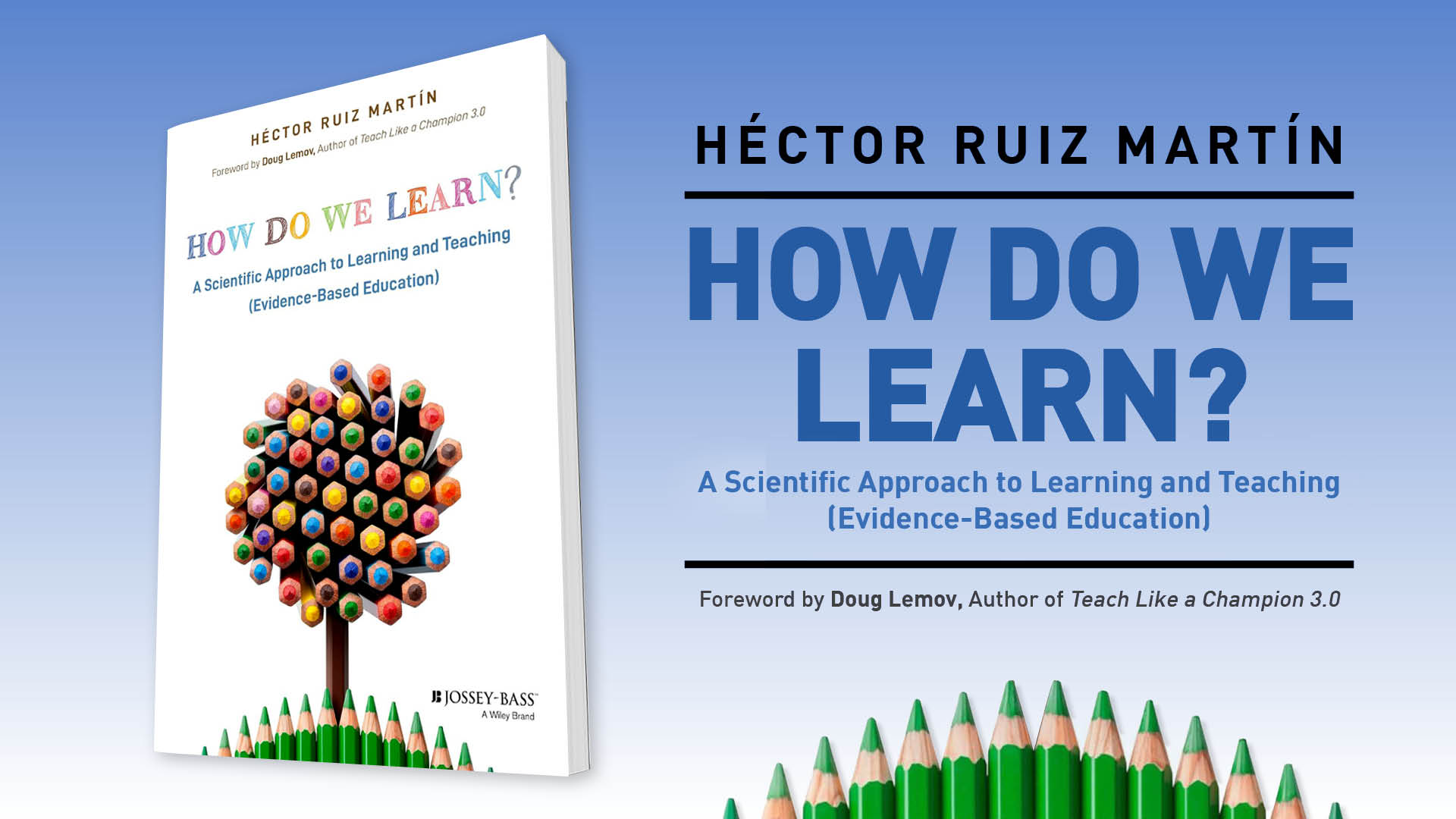
To contribute to this mission, the book How Do We Learn? A Scientific Approach to Teaching and Learning brings us scientific knowledge about the actions and circumstances that promote learning in an educational context, in a rigorous yet engaging and accessible way.
The author, Héctor Ruiz Martín, explores topics from the cognitive mechanisms that govern memory and learning to the socio-emotional factors that impact student motivation and performance. He thoroughly examines research on key teaching processes such as feedback and assessment, and gives particular emphasis to self-regulated learning and its link to academic achievement.
Ultimately, this book offers teachers, students, and the general public evidence-based principles on how we learn, which can be used to support educational practices beyond personal experience.
With this book:
- Discover how your students learn so you can help them achieve better academic results.
- Learn practical strategies and tips to align your classes with scientific evidence.
- Help your students become more motivated and reach their goals.
- Gain new insights into how people learn and find new ways to promote more meaningful, transferable, and lasting knowledge in your students.
ABOUT THE AUTHOR
Héctor Ruiz Martín is the director of the International Science Teaching Foundation. He is a researcher and communicator specializing in the neuroscience and cognitive psychology of memory and learning, with a special interest in their application in educational contexts. In addition to How Do We Learn?, he is also the author of Learning to Learn by Knowing Your Brain.
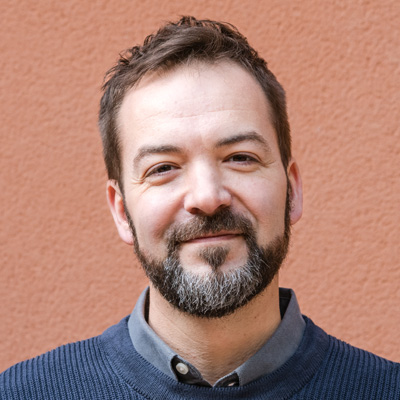



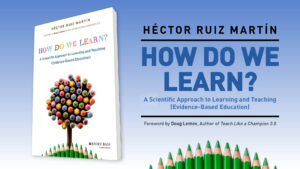
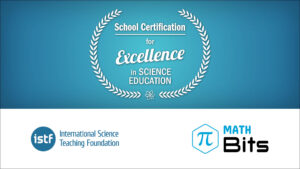





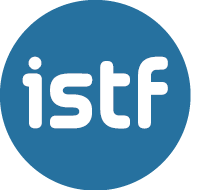
I would like permission to excerpt from Hector Ruiz Martin’s book “How Do We Learn?” If this is possible, Hector’s work will appear in “The Review,” a publication produced by the Parents League of New York. Please let me know how to follow through with my request.
Dear Ann,
Thank you for your message on Héctor Ruiz Martín’s book “How Do We Learn?”.
Our team has already contacted you directly regarding your requested.
Best regards!